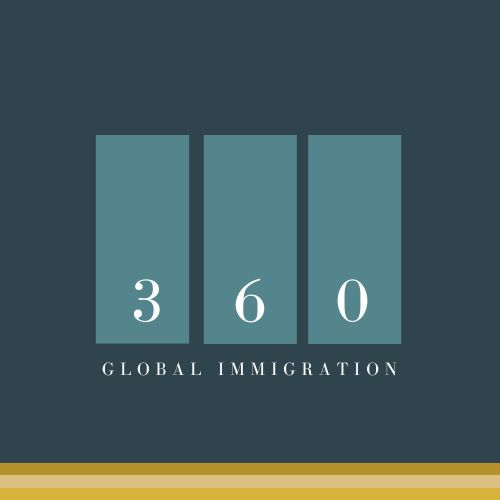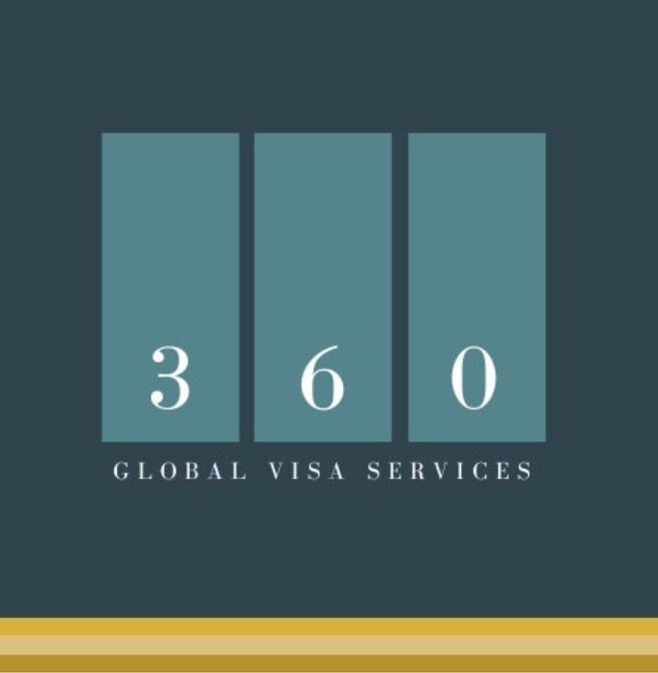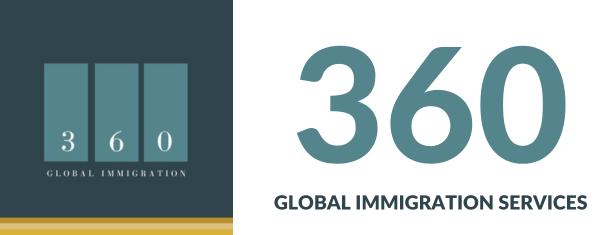
Canada
Canada is officially bilingual in English and French, a reflection of its historical role as a region contested by two European powers. The name “Canada” is derived from the Huron-Iroquois word “kanata,” meaning a village or settlement. In the 16th century, French explorer Jacques Cartier used the term “Canada” to describe the area around what is now Quebec City. At that time, “Canada” was used interchangeably with “New France,” encompassing French possessions along the St. Lawrence River and the Great Lakes from 1534 to 1763. Following the British conquest of New France, “Quebec” was sometimes used instead of “Canada.”
Canada shares a 5,525-mile (8,890-km) long border with the United States, the longest undefended border in the world. The vast majority of its population resides within 185 miles (300 km) of this boundary. While Canada shares cultural similarities with its southern neighbor, there are profound differences, both in temperament and substance. Canadians tend to favor a centralized government and a sense of community over individualism. In international affairs, they are more inclined to serve as peacemakers than warriors. Canada also boasts a multicultural worldview, and its population is notably pluralistic.
Canada Tourist Visa
A Canada Tourist Visa, officially known as a Canada Visitor Visa, is a travel document that allows foreign nationals to visit Canada for tourism and leisure purposes. Here’s an overview of the Canada Tourist Visa:
1. Eligibility:
- To be eligible for a Canada Tourist Visa, you must prove to the Canadian immigration authorities that you intend to visit Canada for a temporary and legitimate purpose, such as tourism, visiting friends or family, or attending special events.
- You should also demonstrate that you have strong ties to your home country, which will ensure your intention to return after your visit.

Some nationals of countries with a visa-exemption agreement with Canada may not require a tourist visa for short visits. However, it’s essential to check the specific requirements for your nationality.


